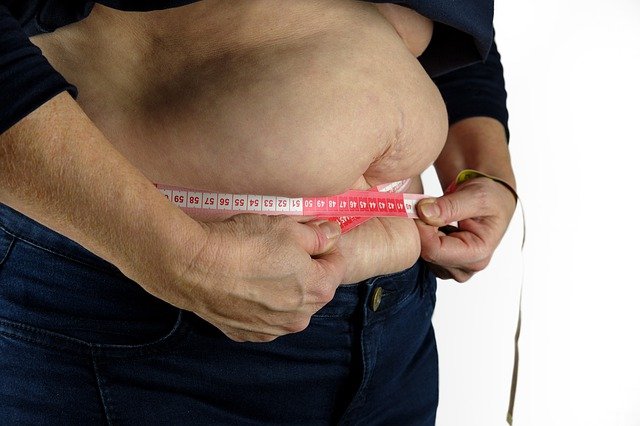From headaches to fatigue to restlessness to irritability, stress manifests itself in many ways, so it should come as no surprise to you that prolonged periods of stress can result in weight gain. If you’ve been feeling overwhelmed with work or life in general, you may have noticed that your pants fit a bit tighter and that that once flattering top isn’t so flattering anymore. This may be despite the fact that you work hard to keep off the pounds via exercise and good eating habits. Why is that though? How can an emotional state cause weight gain? It turns out, there are several reasons for the connection.

Fight or Flight and Cortisol
Stress triggers the flight or fight response in your brain, which then triggers the release of adrenaline, cortisol and, as a result, glucose, into the bloodstream. The purpose of this reaction is to give your body the energy it needs to escape a risky situation. Once the risk subsides, the adrenaline wears off and your blood sugar levels drop. At this point, your cortisol works overtime to replenish your energy levels quickly.
The quickest way to replenish the body’s energy levels is by eating sugary foods. This is why junk food is often the first thing people reach for when they’re stressed out. The problem is, your body did not burn any energy during your moments of stress, meaning you’re consuming excess sugar to replace calories you did not actually burn.
To make matters worse, the body tends to store sugar, especially following stressful situations. Because the body thinks its replenishing used up energy, it will fight to hold onto the sugar for the next “threat” that comes along. If you experience multiple episodes of stress close together, or if you live in a prolonged state of stress, a vicious cycle begins: Get stressed, release cortisol, reach for comfort foods, gain weight and repeat.

Finally, and as if it doesn’t do enough damage, stress slows your metabolism. The findings of one study revealed that women who experienced an episode of stress 24 hours prior to finishing a meal burned 104 less calories than women who reported no stress.
Breaking the Cycle of Stress and Weight Gain

Hormonal changes aside, stress causes individuals to partake in unhealthy habits that lead to weight gain. Those include over-eating, eating unhealthy foods, foregoing exercise, skipping meals and sleeping less. In short, everything about stress works against you in the weight loss battle. If you want to get a hold on your weight, you need to develop ways to better manage your stress. Some of the best ways to do just that are as follows:
During those times you cannot relieve yourself of the stress, be mindful of how you react. When you crave sugary foods, reach for a banana instead of a cookie. Make exercise a priority, even when you don’t feel like it, as exercise can help with both stress and weight loss. Drink plenty of water to keep hunger at bay, and maintain a food journal. Maintaining a food journal can help you be mindful of what you put into your mouth and identify areas of your diet that need improvement.

Stress is a normal part of life, but when it starts to show in your middle, it can quickly become a health problem in more ways than one. Develop techniques to better manage your stress and watch the pounds melt away with it.


